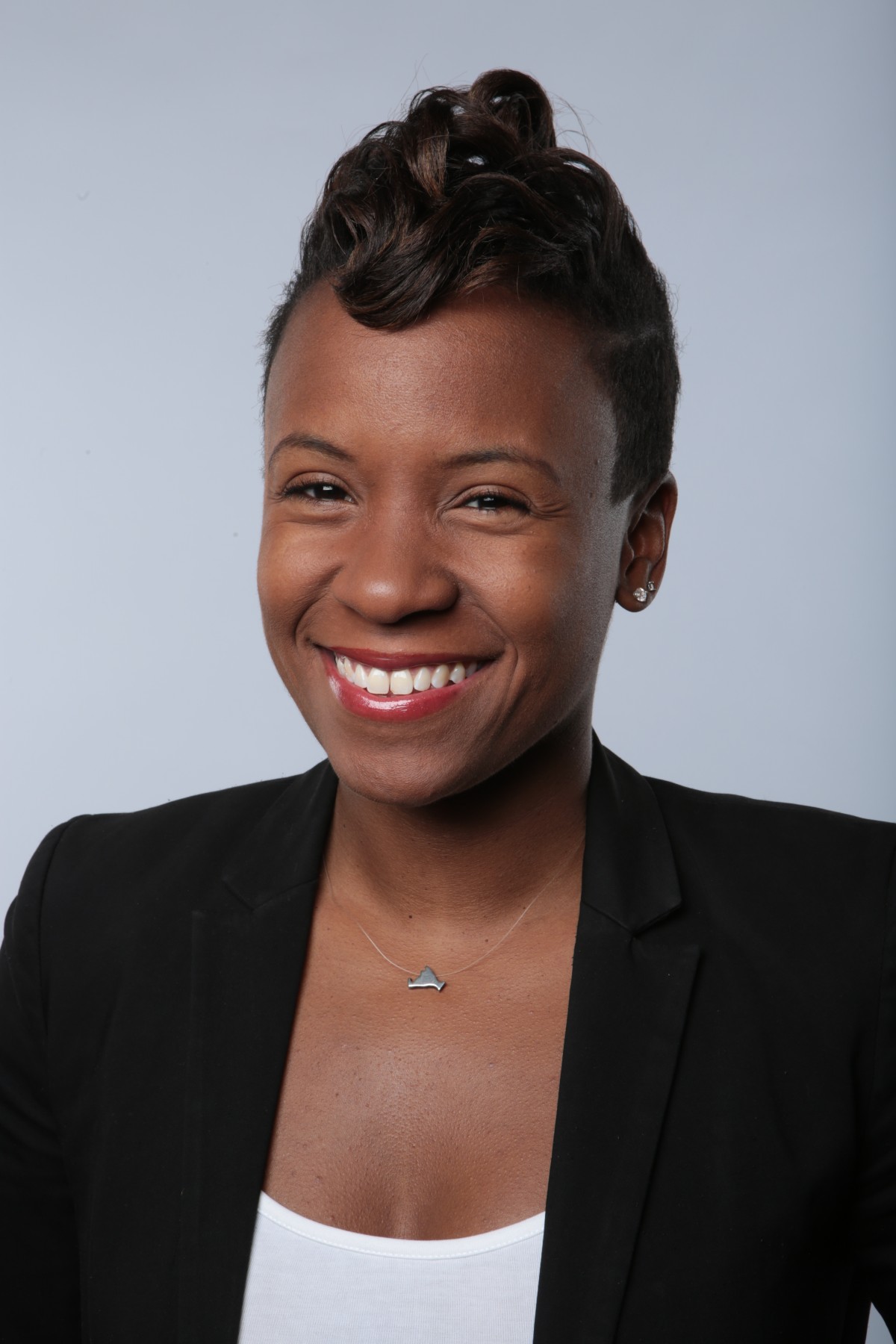
Facebook’s ‘Pipeline’ Excuse: Black Women In Tech Speak Out On Diversity Failure by Clare O’Connor
As far as excuses go, Facebook’s latest seems particularly lame and disingenuous.
Last week, the social media giant shirked blame for its failure to grow its black and Hispanic workforce, who represent 2% and 4% of its overall headcount respectively.
Instead, Facebook’s head of diversity Maxine Williams blamed what those inside tech refer to as “the pipeline” in a statement picked up by the Wall Street Journal:
“Appropriate representation in technology or any other industry will depend upon more people having the opportunity to gain necessary skills through the public education system.”
The company’s excuse provoked immediate backlash from people of color and other underrepresented minorities either working in tech or trying to, like Dartmouth College undergraduate Kaya Thomas.
In a post shared widely on social media, the computer science student and iOS developer took Facebook and its Silicon Valley peers to task for focusing on whether potential employees are a “culture fit” — an ambiguous gauge often used to defend discrimination.
“Most of tech recruiting is currently not built to look for great talent,” wrote Thomas in her post.
“I’m not interested in ping-pong, beer, or whatever other gimmick used to attract new grads. The fact that I don’t like those things shouldn’t mean I’m not a ‘culture fit’. I don’t want to work in tech to fool around, I want to create amazing things and learn from other smart people. That is the culture fit you should be looking for.”
Then, of course, there’s the data — which you’d think a company like Facebook, reliant as it is on algorithms, would’ve parsed before blaming education for its diversity ills. There simply isn’t a pipeline problem as long as there are twice as many black and Hispanic computer science graduates as there are actual hires from these minority groups.
For longtime tech entrepreneur and investor Kathryn Finney, this just serves as further evidence that Silicon Valley’s multi-billion-dollar firms don’t really care about diversity, beyond lip service.
“They’ll give money to a coding program for kids, but just enough to show they kind of care,” she said. “The challenge for tech is this: black people are your customers. If you don’t figure this out, you’re going to have a big problem.”
Finney sees the importance placed on “culture fit” as particularly toxic, with the cliquish nature of Silicon Valley companies actively driving minority candidates away.
“What they’re really saying is, there aren’t enough black and Hispanic graduates who fit in,” she said.
“For us, there are things we value that aren’t valued by these companies. Sundays are not days to hang out. For some of us those are family days, or days we go to church. There’ll be these emails saying to meet in the park for Ultimate Frisbee at 1pm on a Sunday. The implication is, ‘you should be free.’”
Finney intentionally founded her accelerator program for startups led by black and Latina women, Digital Undivided, far away from Silicon Valley, in Atlanta. She wants to ensure the young women she’s funding are able to have active social lives outside their jobs, she said.
For former Microsoft engineer Stephanie Lampkin, who launched job match app Blendoor to help close the minority hiring gap, the way these companies brand themselves to potential employees just compounds other problems, like retention.
“The numbers have gotten worse since the ’90s,” she said. “The leaking pipeline creates an environment where people don’t want to apply.”
She cited messaging platform Slack as an example of a Silicon Valley unicorn at least trying to address its diversity woes, noting that they’ve managed to hire or poach some women and people of color seen as “superstars” within the industry.
As for Facebook, Lampkin finds its decision to blame education for its abysmal hiring record a little rich given how much is made of Mark Zuckerberg’s college dropout status.
“The irony is,” she said, “Facebook was founded by someone without a college degree.”
UPDATE: A Facebook spokesperson reached out to Forbes to say its statement was “widely misrepresented”:
“For Facebook, this is not about blame, excuses, or the negation of the great talent that exists in the software engineering space. We work hard through all the mechanisms described in our post and more, to attract and retain all the currently skilled talent possible. We have also been outspoken about the ways bias robs diversity of its potential and have invested heavily in managing bias. We want more women, people of color and others who bring diverse perspectives across all of our business — both technical and non-technical.”


Sorry, the comment form is closed at this time.